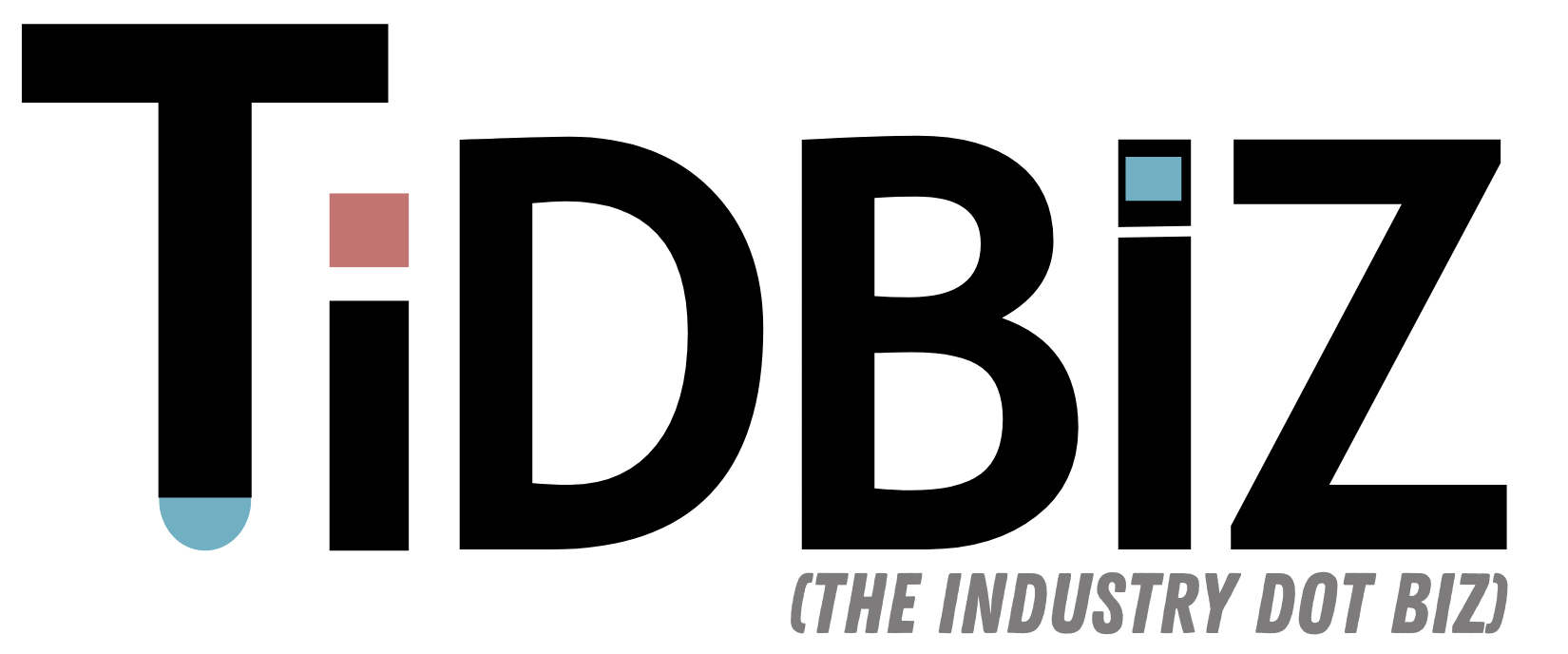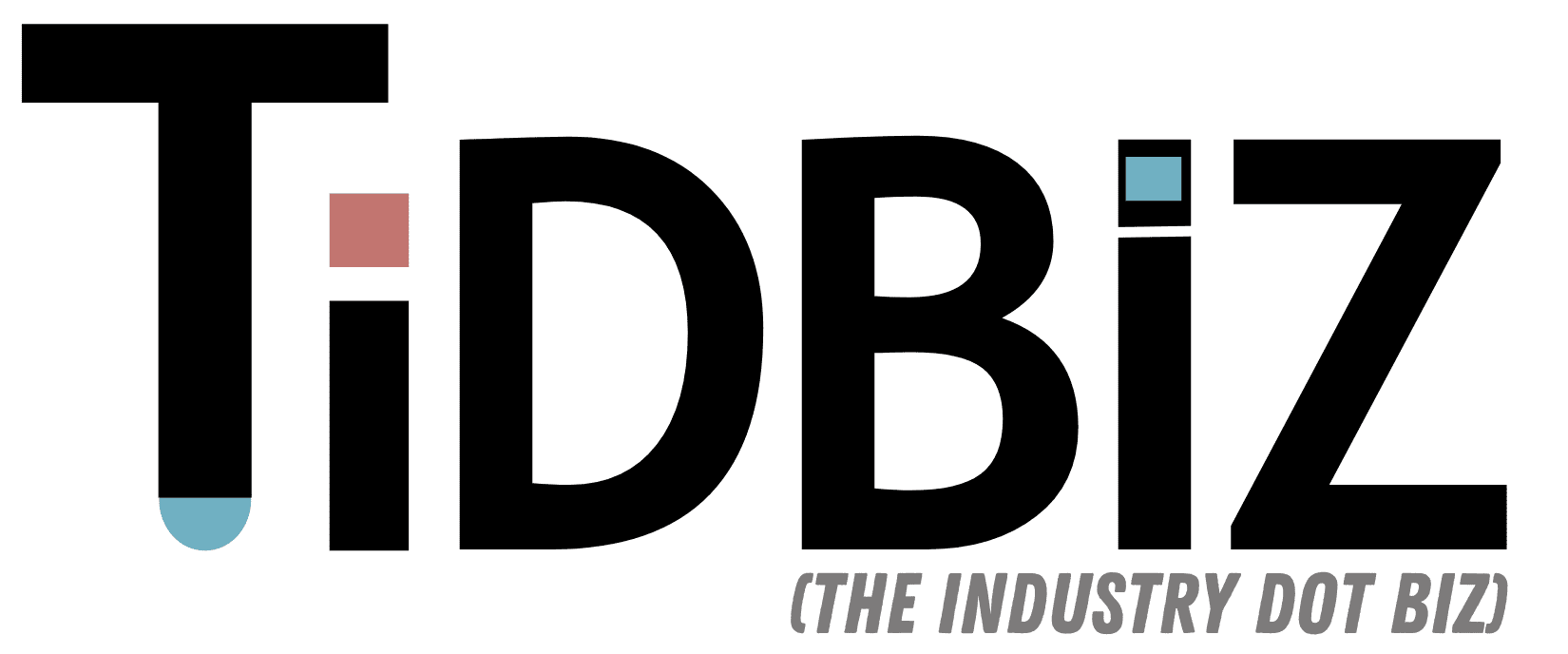Introduction

In the wake of devastating wildfires in Los Angeles, a significant controversy has emerged surrounding the request for private firefighting services by a local real estate investor. The wildfires have led to widespread evacuations, affecting over 100,000 residents and destroying thousands of acres of land.
This incident has sparked a debate about the ethics of private firefighting in the context of public safety and resource allocation during emergencies.
The Incident
A Los Angeles-based real estate investor publicly sought access to private firefighters to protect his home as flames threatened the area. The investor, who co-founded a real estate investment firm with a portfolio valued at approximately $1.59 billion, expressed urgency in his request, stating he would pay any amount for immediate assistance.
This appeal came as the wildfires intensified, prompting evacuation orders and causing significant damage to properties in the vicinity.
The request quickly drew backlash on social media, with many criticizing the notion that wealthy individuals could divert potentially lifesaving resources to protect their homes while thousands of others were forced to evacuate. Critics highlighted the ethical implications of prioritizing private interests over community safety during a crisis.
The Role of Private Firefighting Services
Private firefighting services have become increasingly controversial, particularly in areas prone to wildfires. Wealthy homeowners often turn to these services to safeguard their properties, especially during high-risk periods.
Insurance companies have also begun offering private firefighting as part of premium policies for affluent clients, further entrenching the practice in the landscape of disaster response.
Historically, private firefighting has been utilized by high-profile individuals, including celebrities, to protect their homes during catastrophic events. For instance, during the 2018 wildfires in California, notable figures such as Kim Kardashian and Kanye West employed private firefighters to defend their multimillion-dollar mansion from encroaching flames. This trend raises questions about the fairness and accessibility of emergency services, particularly when public resources are limited.
Ethical Concerns and Public Safety
The recent incident involving the Los Angeles investor has reignited discussions about the ethical implications of private firefighting. Critics argue that the existence of private firefighting services creates a two-tiered system of emergency response, where wealth can dictate access to protection. This raises significant concerns about equity, especially in communities where resources are already strained.
Moreover, the request for private firefighters during a widespread emergency can strain public firefighting resources. Local fire departments are often overwhelmed during major disasters, and diverting resources to protect individual properties can hinder their ability to respond effectively to the needs of the broader community.
Regulatory Landscape
The regulatory framework surrounding private firefighting services varies by jurisdiction. In many areas, private firefighting companies must be licensed and certified, ensuring they meet specific operational standards. Additionally, homeowners seeking these services often need to maintain adequate insurance coverage. Local ordinances may also dictate how and when private firefighting can be employed, particularly during large-scale emergencies.
Coordination between private firefighting companies and public fire departments is essential to ensure that private efforts do not interfere with public safety operations. However, the effectiveness of these regulations can vary, and enforcement may be challenging, particularly in high-pressure situations like wildfires.
Conclusion
The controversy surrounding the request for private firefighting services amid the Los Angeles wildfires underscores the complex interplay between wealth, access to emergency resources, and public safety. As climate change continues to exacerbate the frequency and intensity of wildfires, the ethical implications of private firefighting will likely remain a contentious issue.
Addressing these disparities requires a thoughtful examination of policies and practices to ensure equitable access to emergency services for all communities, regardless of socio-economic status. The ongoing dialogue about private firefighting highlights the need for a more inclusive approach to disaster response, prioritizing the safety and well-being of entire communities over individual interests.








